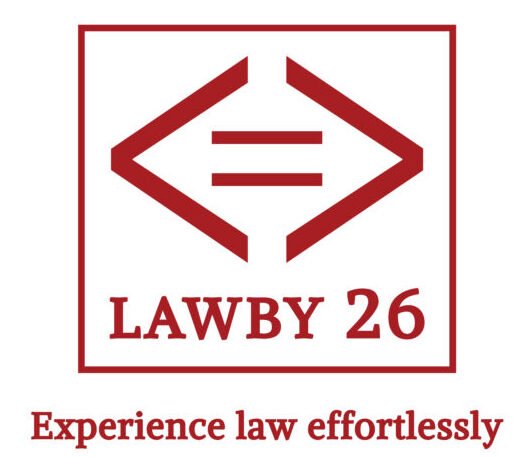Section 119 of the Indian Evidence Act, 1872 deals with a dumb witness who is unable to speak due to physical deformity. This Section states that if a witness is unable to speak, he may give his evidence in any other way that makes it intelligible, such as by writing or making signs; however, such writing and signs must be made in open Court, and the evidence so given is considered oral evidence. If the witness is unable to communicate verbally, the Court will record the statement with the assistance of an interpreter or a special educator, and such statement will be videographed.
In Chander Singh v. State (2016 SCC OnLine Del 3574), the High Court of Delhi observed that a deaf and dumb witness’s vocabulary may be very limited, and that due care must be taken when such a witness is cross-examined.
To assess the evidentiary relevance and admissibility of such kinds, in Meesala Ramakrishnan v. State of Andhra Pradesh((1994) 4 SCC 182), the Hon’ble Apex Court held that a dying declaration recorded through signs and nods of a person who is unable to speak for any reason is a verbal statement and thus relevant and admissible. As a result, the evidence provided by such individuals is legally valid and admissible.
Done By: Nithyaparvathy R.G, B.Com LL.B (Hons.), Junior Legal Consultant
For Origin Law Labs



